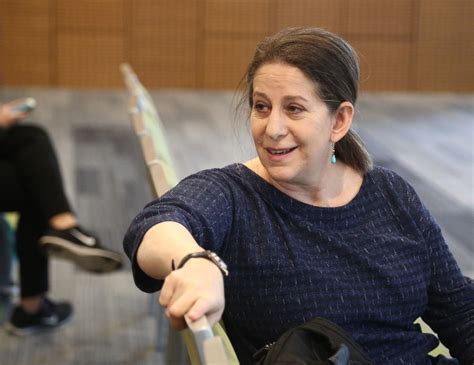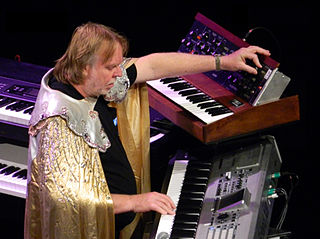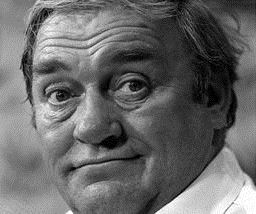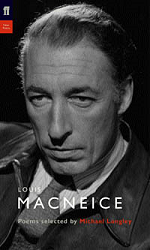A Quote by Stanley Hauerwas
My mother desperately wanted children. She had a child that was stillborn - something I learned when I was looking through her 'effects' after she had died. It was then that I discovered my original birth certificate, which indicated the previous birth.
Related Quotes
After my mother died, I learned that she'd had a scholarship to the University of Nebraska, but - in kind of a tradition that females don't do things like that - her father prevented her from going. She always said that she wasn't allowed to go to college, but until she died, I never knew that she'd had this scholarship.
When we were arguing on my twenty-fourth birthday, she left the kitchen, came back with a pistol, and fired it at me five times from right across the table. But she missed. It wasn't my life she was after. It was more. She wanted to eat my heart and be lost in the desert with what she'd done, she wanted to fall on her knees and give birth from it, she wanted to hurt me as only a child can be hurt by its mother.
[Keeping kosher was] the symbol of an initiation, like the insignia of a secret brotherhood, that set her apart and gave her freedom and dignity. Every law whose yoke she accepted willingly seemed to add to her freedom: she herself had chosen . . . To enter that brotherhood. Her Judaism was no longer a stigma, a meaningless accident of birth from which she could escape . . . It had become a distinction, the essence of her self-hood, what she was, what she wanted to be, not merely what she happened to be.
I think my mother became the muse because she had everything when she was in Hollywood: she had the marriage, the success, the money, all the films she wanted to do and yet even her, she had a longing and wanted to work with a film that had meaning, something more profound. And I think that was very touching to father.
Occasionally, on screen, Barbara [Stanwyck] had a wary, watchful quality about her that I've noticed in other people who had bad childhoods; they tend to keep an eye on life because they don't think it can be trusted. After her mother was killed by a streetcar, she had been raised in Brooklyn by her sisters, and from things she said, I believe she had been abused as a child. She had lived an entirely different life than mine, that's for sure, which is one reason I found her so fascinating. I think her early life was one reason she had such authenticity as an actress, and as a person.
She suddenly understood why she had let him kiss her in the diner, why she had wanted him at all. She wanted to control him. He was every arrogant boyfriend that had treated her mother badly. He was every boy that told her she was too freaky, who had laughed at her, or just wanted her to shut up and make out. He was a thousand times less real than Roiben.
My mother hid the struggle from us children. She complained about her salary, and she had a tough time. Although she became a headmistress, she still had to do a lot of sewing. The more I think about her, the more remarkable I realise she was. And she understood straight away when I said that I wanted to write.






































